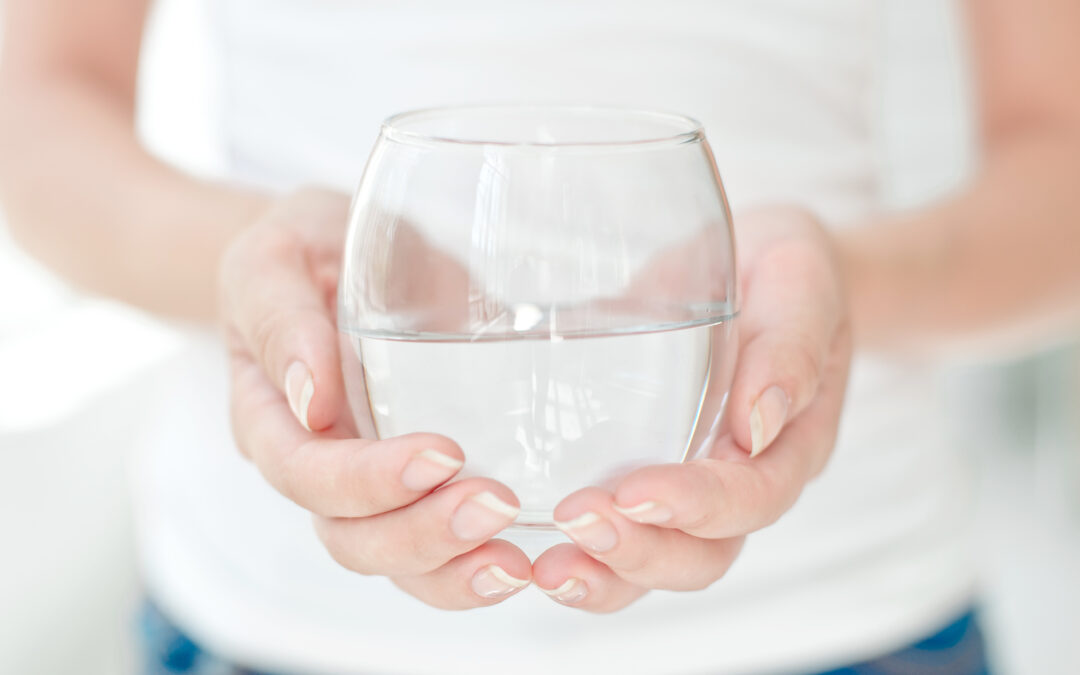Water is one of our most important nutrients but probably also the most underrated. Water can seem a bit boring and unfashionable in comparison to antioxidants, protein, vitamins, and minerals that are often sold as supplements in cool packages and at even cooler prices. But just the fact that we can manage for weeks without food but only a few days without water tells us something about how important water is for our health and well-being.
There are a lot of myths about water, how much we should drink and what type of water is best for us. Here we will go through some common myths and help you get some clarity on what is true or false
How much water should you drink?
That you need to drink 8 glasses or two liters every day to stay hydratedare common advices you have probably heard at some point. But is it true?
Human needs for water can vary greatly between individuals (due to factors such as age, body size, physical activity, diet, etc.). Needs are also affected by the external environment (temperature, humidity, high altitude).
A man who trains hard and in hot weather may need 10 liters of fluid per day, while a little inactive woman may meet her needs with just 1 liter of fluid per day. It is therefore difficult to give general advice on fluid intake.
Below are two common methods for estimating fluid needs (these apply to healthy adults at normal ambient temperature and moderate physical activity)

For most people drinking when you are thirsty is considered a good way to meet their fluid needs.
Athletes who train hard and in a hot / humid environment (and thus sweat a lot) should be extra careful to compensate for the fluid losses during training.
To estimate how much water has been lost during exercise (to be able to compensate for the losses) an athlete can weigh himself before/ after exercise. Another easy way to estimate hydration status is to look at the urine color. Light color is indicative of good hydration status whereas a dark color means that you should drink more.
Does the water temperature affect uptake?
“Water must be lukewarm or hot to be absorbed effectively by the body” or “cold water is not absorbed in the intestine” are common claims. Is that true?
These ideas are often espoused by advocates of Ayurveda or Chinese medicine. However, there is no support for these claims based on modern science.
The temperature of the water or fluids we drink has no effect whatsoever on the absorption in the intestine. The fluid reaches the intestine and is absorbed efficiently whether it is cold or hot.
However, consumption of cold drinks can be beneficial at sometimes. When training or competing in hot climates, an elevated body temperature can lead to fatigue and impaired performance. Studies have shown that Athletes can improve their performance by consuming cold liquids or ice-slurries.
Is alkaline water healthier than ordinary water?
Advocates claim that alkaline water can help to prevent diseases such as cancer and heart disease and slow down the aging process.
A liquid is considered alkaline when it has a value above 7 on the pH scale, a scale from 0 to 14 that is used to describe the acidity of substances. Because alkaline water has a higher pH than ordinary water proponents believe that it can neutralize the acidic environment in the bloodstream.
There are various reasons why the acidity of the blood might rise from time to time, but this is completely normal, and the body has its own mechanisms to regulate pH (and neutralize an acidic environment). These mechanisms work excellently if you are healthy so there is no real need for any alkalinizing drinks or foods.
There are also no scientific studies that have been able to show that alkaline water can significantly change the pH of the blood.
There is no scientific evidence that alkaline water can significantly change the pH of the blood or that it has any meaningful health benefits.
Are you interested about nutrition and it and Its impact on health and performance?
Check out the Certified Nutrition Coach course at IPTA – International Personal Training Academy
Do you want to be a personal trainer? Check out the pt course .

